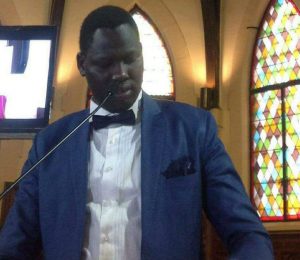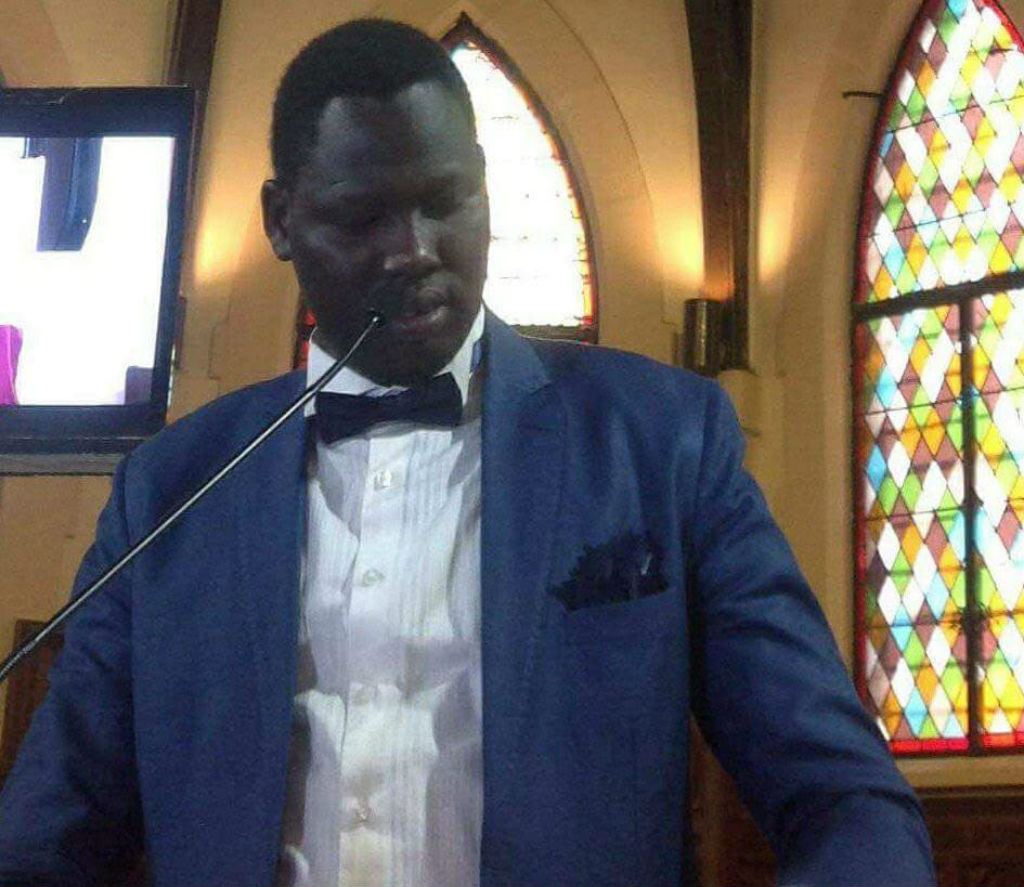
By: Sirir Gabriel Yiei Rut
October 15, 2019 (SSNA) — Nowadays, Media is the most powerful branch in any Country. It is a tool to maintain a balanced society that is characterized by well-informed people, effective democracy and social justice. In fact, media has unparallel influence on all aspects of human life in modern times. South Sudan like many other countries has neglected the importance of Media. Media sensor has caused a lot of difficulties to the South Sudan Syndicates of Journalism in the past fifteen years. The government has refused to cooperate with Journalists and media practitioners. Little does the government know that the advantages of Media and Public relations in creating a conservative society and a prosperous country are all positive legacies of the government, not media departments.
Fundamentally, the media execute three functions to inform, influence and to entertain. But the effects of these functions are complicated in modern times. It has provided awareness about the whole world. In the twenty-first century, media tends to shape the political, economic and social values of an individual. Moreover, media has eliminated the boundaries of information, so that a person can become an active citizen. Therefore, it is logical for our local Media houses and the few international media agencies operating in South Sudan to create more awareness of the Revitalized Agreement on the Resolution of the Conflict in South Sudan. (R-ARCISS) The Media agencies through TV shows & Radio stations have to broadcast the message of peace to the populace on the following topics; peace implementation challenges delaying the formation of the R-TGoNU, Security arrangements, number of states/their boundaries and the benefits of a durable peace. Our Media personnel must take it upon themselves to lead in the community’s outreach enlightenment. It’s important that the common citizens have access to information’s and more especially the consequences of this shaky peace, should President Salva Kiir form the R-TGoNU without SPLM IO concern, comes November 12. This should be done to avoid generalization of all parties to the R-ARCISS.
Consequently, the government has no political will to implement this peace and that is clearly seen through their recent utterances. Also, it’s not wise for the government to be so sensitive to the media fraternity. Cooperation between the government and journalists is necessary for the media to function properly. In addition, political opinions are developed by the media. Media has the capability to influence the attitudes of the people who wants peaceful resettlement and the realization of a conscious and independent society. Interestingly, media is a source of canvas agenda to a given country. Any leader who embraced media experiences rapid changes in his tenured.
The dark side of media, however, yields some evidence that media sometimes render biased information on certain things and circumstances surrounding a country and its institutions. Accordingly, the media should act as a transparent mirror of politics and society. On the other side, the societal power of media is at the open in today’s age. Television Radio and Print media all are sources of reflection of a particular society. It’s an obligation for our Journalists to eradicates tribal journalism. Favoring one’s own tribe, political affiliation or personal interest are unethical acts in mass communication. Ethical communication is important for professional journalists. However, in isolated cases, it’s understandable for a few individuals who took sides. Such individuals who are compromised by the principles of their parties are free to express their party interests. They’re actually the mouthpieces and spokespersons of the entities they represented.
In reality, every state accommodates some social evils which need to be wiped out. To perform such functions, the media is a prominent tool. It can raise voice against that evil, a different expert should describe the causes and remedies for those issues on media channels. My argument is that politicians will always make mistakes and tried to cover-up their mistakes. However, if there are nonpartisan media outlets who understood media ethics, they will be able to make the citizens understand the issues affecting their livelihoods. Hence, their judgments and positions on the current economic meltdown and political zigzagging in the Country would’ve less impact on them.
The media must talk about the involvement of citizens in decisions making. It’s paramount especially now that the prices of commodities in the local markets have skyrocketed, Media is an equilibrium that links the citizens to their leaders. The government through the Ministry of Trade, Commerce and industry should work closely together with the Union of traders and the Association of farmers in the country. Such initiatives or programs will help reduce the cost rate of commodities in the market. Media hasn’t been successful in bringing about issues of concern to the public eyes.
Sadly, foreigners especially Ethiopian and Eritrean controlled most of the job opportunities in South Sudan. Currently, they’re the Shopkeepers, Restaurants Owners, Waiters, and waitresses, Medical Practitioners, Water-Tankers drivers, Managers and Receptionists at various Hotels in Juba. South Sudanese has no access to such opportunities. What is wrong with the authorities? When are we going to empower our own people? Oftentimes, lack of employment for young people creates idleness. And we know very well that idle mind is a devil workshop. In Juba, women and kids are almost in every street begging for food. In no time, there will be widespread prostitution and social crimes among youths. For that, something needs to be done very fast.
When a government failed to deliver services, it triggered socio-economic conflicts. Exactly what happened in South Africa. (Xenophobia) once the host’s community felt that foreigners are taking over job opportunities, they developed negative attitudes towards their visitors. Hence, violence occurred. Time is now for the South Sudanese to take over from foreigners. Equally, It’s the right time for the government to offer priorities to the natives. We don’t want a situation where Jenubeen will be forced to take the laws into their own hands. The privileges are for the locals to enjoy.
In brief, without utilizing the power of media, no country can eliminate social crimes and problems. Out of societal powers, media can and should act as a social mirror. It should reflect true social norms and values. Media can and must act as a link or bridge that connects vulnerable peoples with their leaders. The media must act as the voice of the voiceless. But it should not shape the threatening issue, the heads of Media fraternities, those in Politics and the ones in the private sector have to make sure that their personals work well in a conducive environment far away from intimidation, harassment and continue arbitrary arrests.
To concludes, the government has to understand that the media has the capability to crystallize social institutions. South Sudan government must realize that is essential to create Media awareness for people of South Sudan to understand and read the R-ARCISS.
Sirir Gabriel Yiei Rut is a Journalist and Media Consultant. He can be reached at [email protected].

